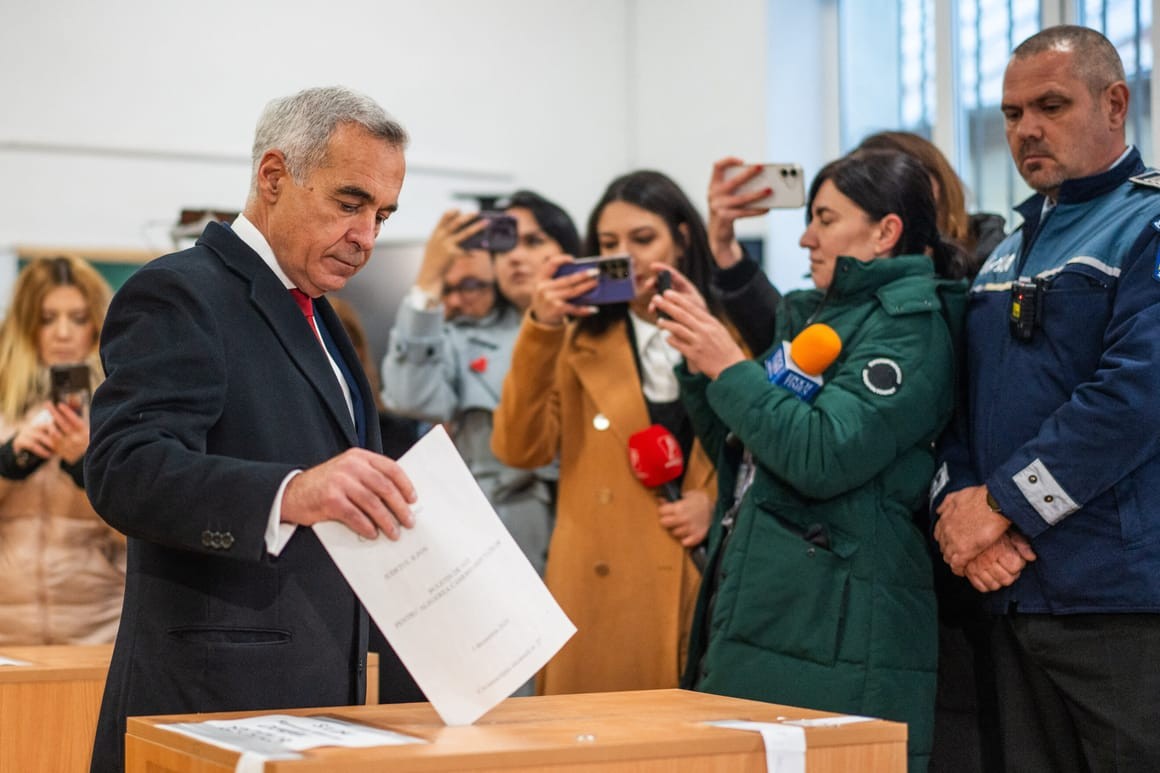
Romania's recent presidential elections faced coordinated cyberattacks and social media manipulation campaigns, according to newly declassified intelligence reports. The Romanian Intelligence Service (SRI) revealed that over 85,000 intrusion attempts targeted the country's electoral IT infrastructure during the first round of voting in November.
The cyberattacks focused on key election-related websites, including the Central Electoral Bureau and Permanent Electoral Authority platforms. Hackers attempted to exploit vulnerabilities through SQL injection and cross-site scripting techniques, aiming to access voter databases and potentially disrupt the electoral process.
Intelligence officials noted that the sophisticated nature and scale of the attacks pointed to a state-sponsored actor with substantial resources. Leaked credentials for Romanian election websites were discovered on Russian cybercrime forums just before election day.
Adding to concerns, far-right candidate Calin Georgescu, known for his pro-Russian stance and NATO criticism, unexpectedly emerged as the frontrunner. Intelligence reports uncovered a massive influence operation on TikTok supporting Georgescu, involving coordinated accounts and undisclosed political advertising worth hundreds of thousands of dollars.
One TikTok account reportedly spent $381,000 in a single month promoting content favorable to Georgescu, who claims he spent nothing on campaign advertising. The operation appeared designed to bypass platform controls and Romanian electoral laws.
The U.S. State Department expressed concern over the "Russian involvement in malign cyber activity" and warned that any shift in Romania's foreign policy alignment could impact U.S.-Romanian security cooperation.
As Romania heads into the presidential runoff on Sunday between Georgescu and pro-EU candidate Elena Lasconi, election officials have heightened cybersecurity measures. While Romania does not use electronic voting, its electoral system relies on IT infrastructure for preventing fraud and vote counting.
Russia has denied involvement in any election interference efforts. Romanian authorities continue investigating the full scope of the cyber campaign's impact on the electoral process.